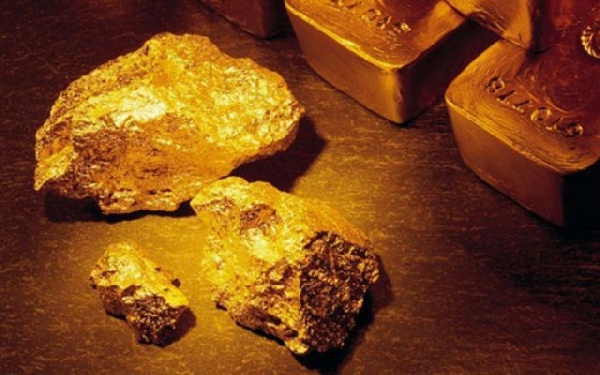Ghana’s mining sector, one of the largest contributors to Government revenue, accrues about US$2 billion annually as part of the Gross Domestic Product.
The sector also provides about 17.5 per cent of total tax earnings, 27.6 per cent of revenue and employs about 1,282,000 people in the country with one million from small-scale mining and the remaining 282,000 from the large-scale mining.
Mr. Ernest Afrifa, a lecturer at the Department of Environmental Science at the University of Cape Coast (UCC) disclosed these at a day’s seminar organized by the Fisheries and Aquatic Science Society (FASS) of UCC school of Biological Sciences.
The event formed part of FASS of UCC week celebration on the theme: “the impact of mining on aquatic ecosystem and emerging issues for the aquatic scientist”.
Mr. Afrifa said the mining involved large-scale multinationals, operators of the small-scale and the artisanal, popularly called galamsey in the country.
He said that galamsey activities were negatively affecting people living in mining communities and the country at large.
Mr. Afrifa said 75 per cent of major rivers in the country, which hitherto did not need serious treatment, were now unsafe as a result of rigorous mining activities.
He cited as example, the 147 of the 160 streams and rivers in the Obuasi mining area as well as about 117 rivers and streams in Tarkwa were all highly polluted as a result of galamsey and mining activities.
Mr. Afrifa asked mining companies to make water protection a top priority and advised that mining activities should be regulated and reduced to save Ghana’s water bodies for posterity.
Mr. Theophilus Boakye-Yiadom, a project officer of Friends of the Nation, a non-governmental organisation, called on the National Service Secretariat to post students with Fisheries and Aquatic background to the Ministry of Fishery and Aqua-Culture Development to be able to gain more experience on the field.
He also called on the Jubilee Partners to consider people with fishery and aquatic background when they are recruiting people as Fishery Liasons.
Mr. Boakye-Yiadom advised students in the school of Biological Sciences to consider fishery and aquatic science as a better alternative when they are specializing in their field of studies because there are a lot of opportunities awaiting them after school.
Business News of Saturday, 6 April 2013
Source: GNA
Mining sector gives Ghana US$ 2 billion annually

















